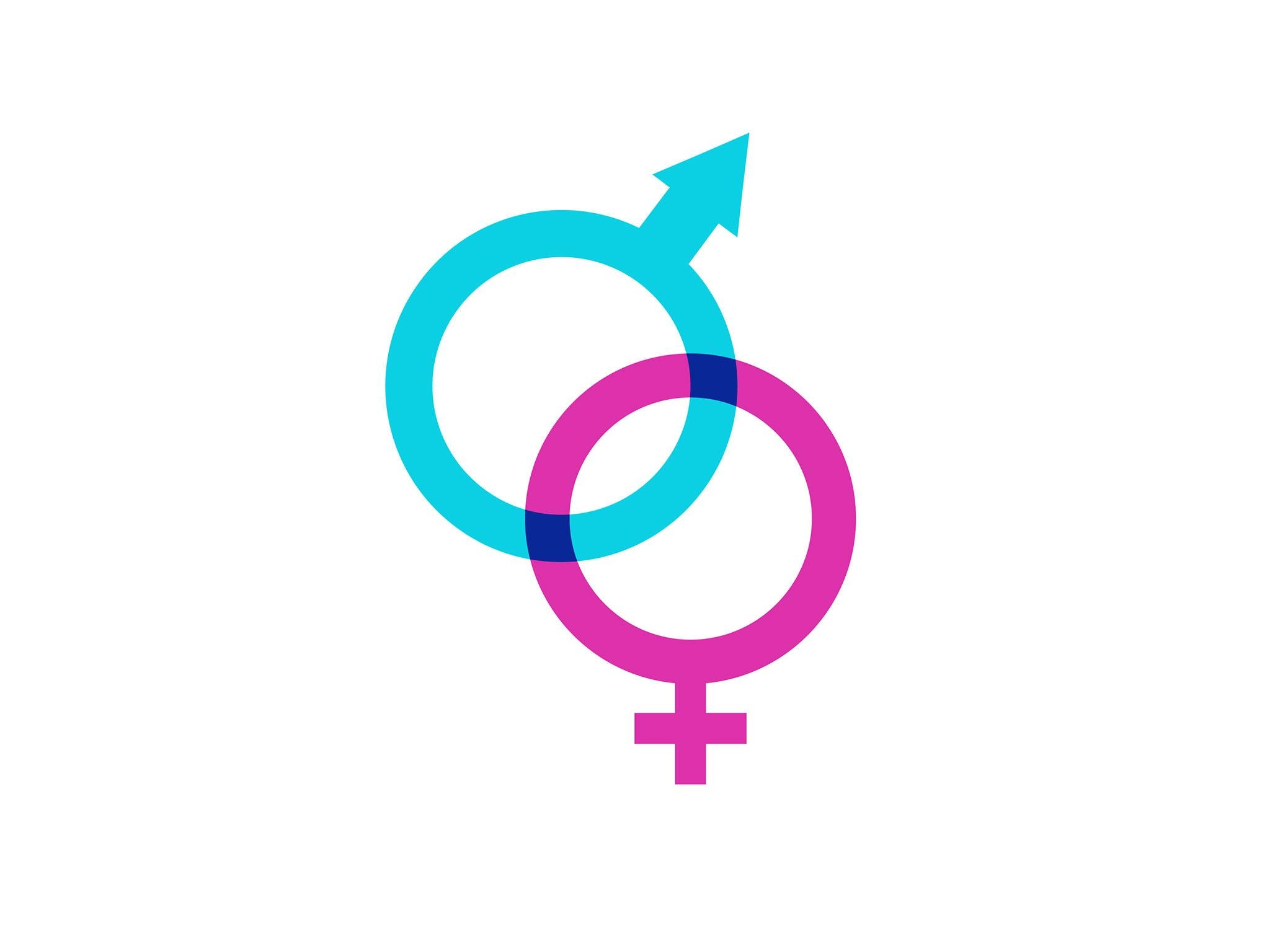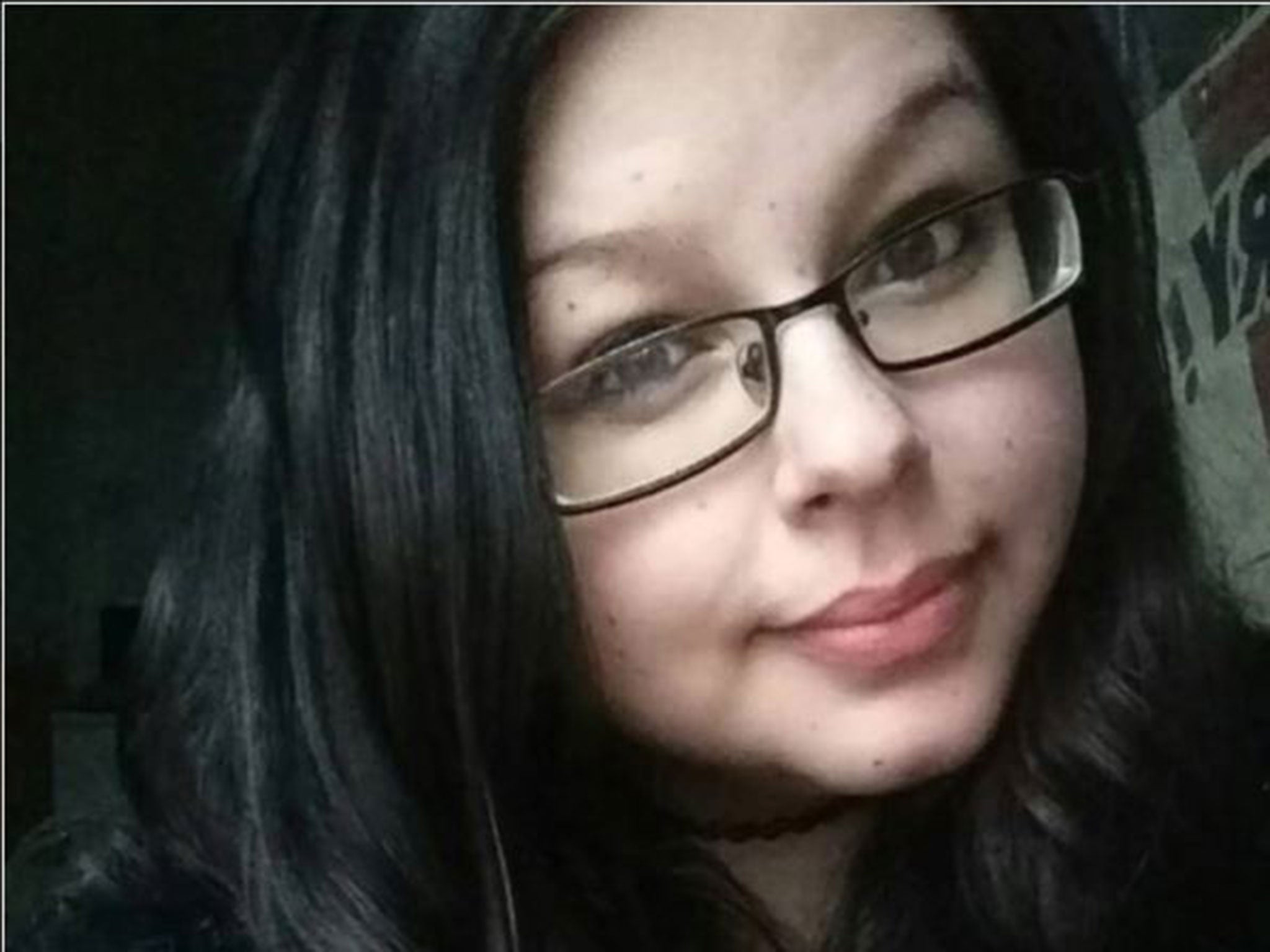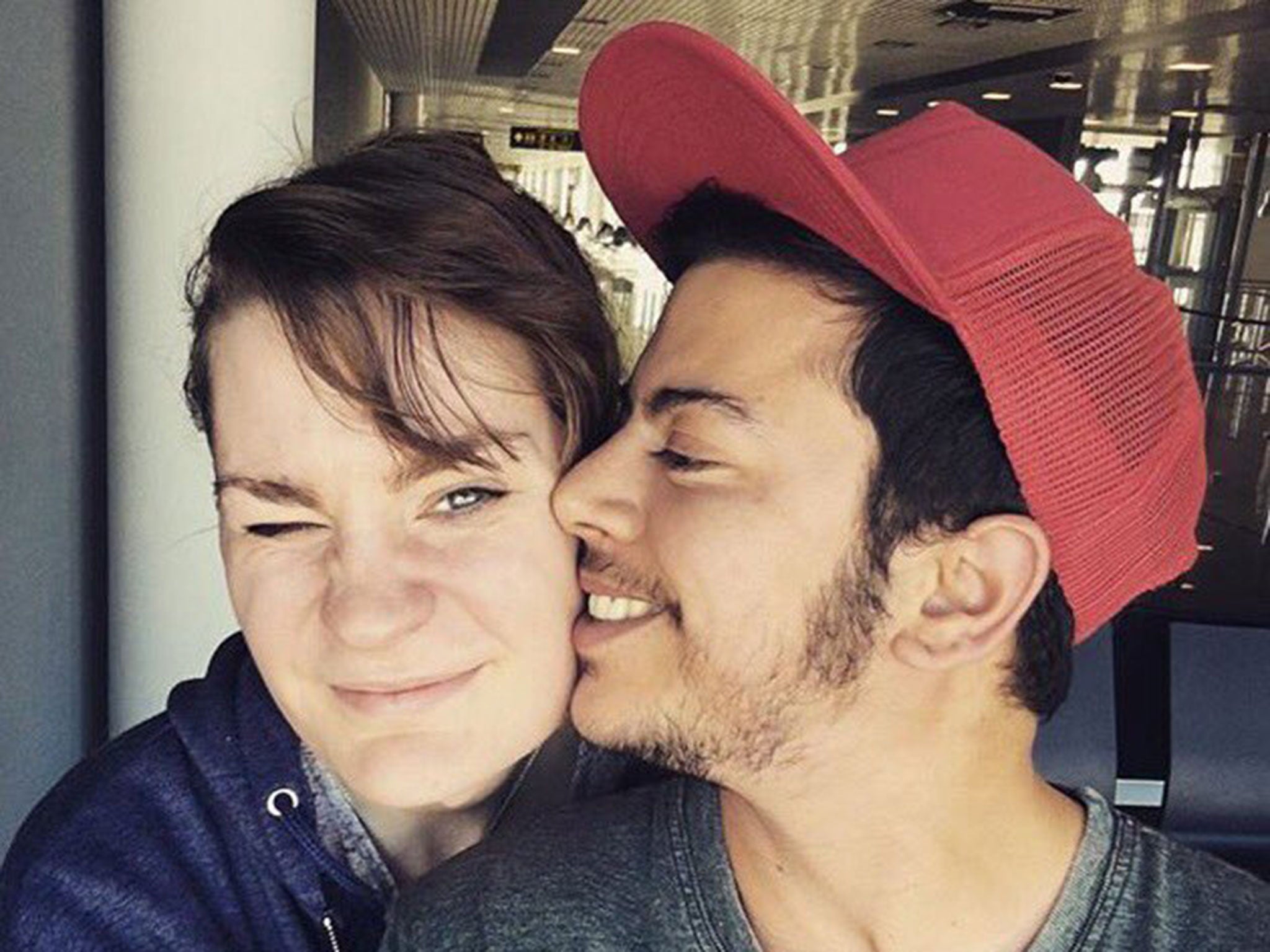'A hole in your chest where gender used to be': Being non-binary in the UK
Four people living in the UK explain what it's like to be non-binary

Your support helps us to tell the story
From reproductive rights to climate change to Big Tech, The Independent is on the ground when the story is developing. Whether it's investigating the financials of Elon Musk's pro-Trump PAC or producing our latest documentary, 'The A Word', which shines a light on the American women fighting for reproductive rights, we know how important it is to parse out the facts from the messaging.
At such a critical moment in US history, we need reporters on the ground. Your donation allows us to keep sending journalists to speak to both sides of the story.
The Independent is trusted by Americans across the entire political spectrum. And unlike many other quality news outlets, we choose not to lock Americans out of our reporting and analysis with paywalls. We believe quality journalism should be available to everyone, paid for by those who can afford it.
Your support makes all the difference.Recent years have seen an unprecedented increase in awareness of transgender communities among wider society. In 2014, Time magazine declared society has reached a "transgender tipping point" and figures like Caitlyn Jenner and Laverne Cox have become household names. However, despite the welcome interest in transgender communities, some transgender identities have received considerably more attention than others. Transgender identities and lived experiences can be much more varied and complex than binary 'male to female' or 'female to male' transition stories which dominate the press.
Non-binary people can identify as transgender, but often not within the traditional gender binary of male or female. Rather, some non-binary people can identify as a mix of genders, or none at all. Some can feel their gender identity is steady and fixed, while others feel it can fluctuate by the day, by the hour or depending on the situation they are in. For many non-binary people, life can feel like being a minority within a minority.
Here, four non-binary people share their experiences of what life is like for them living in the UK and their hopes for greater understanding and visibility for the future.
J is 39-years-old and works at a university in London
How would you describe being non-binary?
Being non-binary feels like having this hole in your chest where something — my sense of gender — used to be, where you know that almost everyone else has something, and now I just... don't. It's not a painful lack, just a noticeable one that sets me apart from most other people.
It means people who don't identify all of the time as a man or a woman. Maybe they switch between those genders, or feel like a different gender entirely, or they don't have a gender at all, or something different.
What are the biggest misconceptions about non-binary people?
That we're all just confused, or it's just the latest teenage rebellion trend (I'm 39!).
What more needs to be done to support non-binary people?
I'd like to not have to give details about my gender, or choose a gendered title, when interacting with government — it's generally not necessary! In some parts of the NHS you can use Mx which is my preferred title.
I wish nonbinary people were explicitly included in laws and policies that protect trans people.
We don't all want hormones and surgery, but for those of us who do, we are often policed by health care workers who resist helping us if we don't fit into their very narrow linear binary narrative of what trans people are like.
What advice would you give a young non-binary person who is considering coming out or being more visible?
Line up a support system — make sure you've got friends who have your back; try to do what you can to keep yourself safe and housed.
Look up support groups and useful websites online; sometimes it's really just such a relief to read the voices of other people going through similar things, even if you don't reach out and participate in any discussions yourself.
Remember that no one is required to come out, and your assessment of the risks and benefits for you is the most important.

Lola Phoenix is a 29-year-old writer who works in the charity sector
What is being non-binary like?
Non-binary is an umbrella term used within Eurocentric cultures to describe an individual who doesn't feel that “man” or “women” fit their entire gender.
I'm misgendered on a daily basis because there isn't anything I can do in this society to have people “read” me as non-binary. I don't feel I “present” as any gender because I am agender. And people will read me as having a gender and they will pick either man or woman.
I don't see why I ought to blame myself for being misgendered just because this society is backwards enough to think gender can be read from clothing and appearance. Instead of blaming myself for not “presenting” well enough for people to read my gender (which I don't believe is possible in this society), I blame this society for failing to understand gender and its complexity.
What are the biggest misconceptions about non-binary people?
My experience coming out to friends who aren't within the LGBTQ community (most of my friends are) is that they have tried to understand it and don't really get it completely. I usually still get misgendered by those people and have to politely remind them about it. But they at least haven't been hostile, just interested in knowing more about what it means and perhaps a bit confused by the concept.
What more needs to be done to support non-binary people?
I'm only interested in laws and policy changes that help trans women and transfeminine people because they are the most at risk.
It would be great if I could go by “Mx.” on forms, but that isn't enough.
Gender Identity Clinics (GICs) need to improve. They need to stop assessing the validity of people's genders and asking people about their past history. I was discharged from the GIC for not “socially consolidating” my “gender role”. I have yet to be told what a non-binary person needs to do to socially consolidate their gender role despite a year later complaining. I am now fundraising for surgery.
Fixing the GICs so that they actually treat people would help all people.

Ugla Stefania known as Owl and Fox Fisher, a non-binary couple. Fox is an artist, film-maker and campaigner who co-created and organises the annual Trans Pride Brighton, as well as founding the My Genderation film series. They are currently making a documentary about being non-binary and have recently returned from filming in Russia with members of the local trans community.
What is being non-binary like?
Society has established two opposite categories of people: men and women. Non binary includes all the areas in between, describing it as shades of grey, something other than the binary.
With close friends it doesn't really matter and especially not in queer spaces. But in other spaces it can be tedious or even marginalising to be constantly equated to just a man or a woman. It can really affect your sense of self and you can feel your identity being erased or not thought of in general discussion or mainstream media or discussions.
There is also no way to be legally recognised as non binary so all official documents or papers only offer male or female. It can also affect you in social situations where people refuse to acknowledge your identity or don't really believe your identity is authentic.
What more needs to be done to support non-binary people?
Non-binary people should be recognised legally and there should be options as to register your gender as neither male nor female. The whole idea of registering gender on documents seems outdated in so many ways that we'd actually like to see it totally abolished - but within the current system taking steps to include at least a third option in registrations seems like a more realistic approach at this point.
Trans issues and non binary issues should be discussed as a part of a curriculum and diversity in general should be mainstreamed into all stages of education to give a better picture of human diversity.
What are the biggest misconceptions about non binary people?
People wrongly think these identities aren't really authentic and it's just a political statement. While it is a political statement, it is also a vital part of people's identity. Being non binary and being true to yourself is often a political act, and not just for trans people or non binary people. I think that people need to realize that identities that are political or challenge the current social order aren't any less personal or authentic. On the contrary, that is what makes them even more personal and real to people. Because you have to stand up for yourself in a world that tries to convince you otherwise.
People also tend to mix up sex and gender and make the misconception that non binary are therefore intersex. Sex or sex characteristics are things related to our body such as hormone production, genitals, chromosomes and so on while gender is the socially constructed idea of what men and women are, how they behave, how they express and so on. While non binary people can be intersex, non binary people are not automatically intersex nor vice versa.
Join our commenting forum
Join thought-provoking conversations, follow other Independent readers and see their replies
Comments